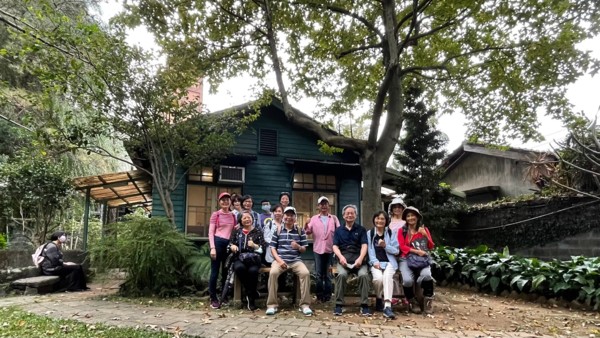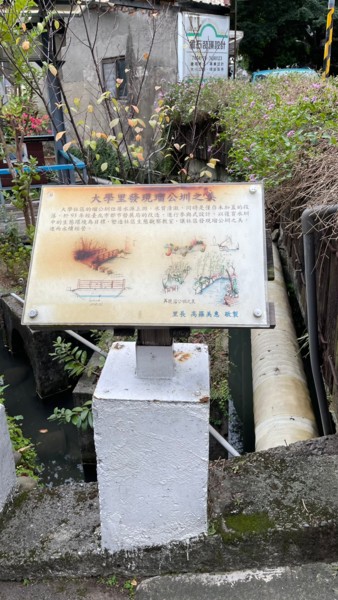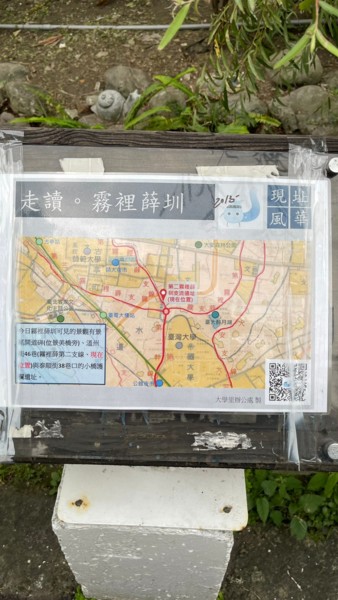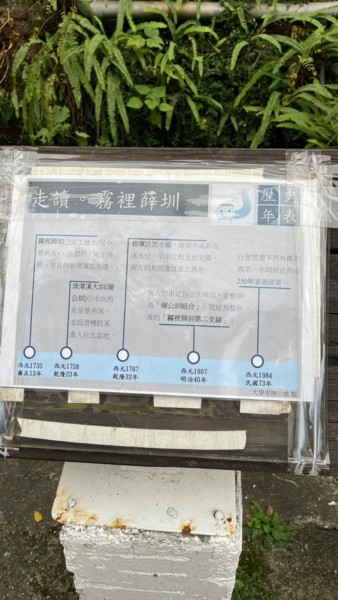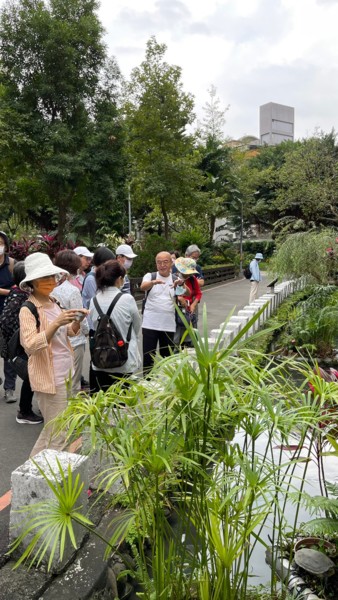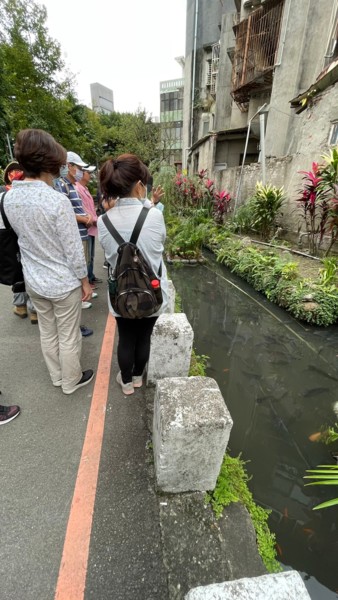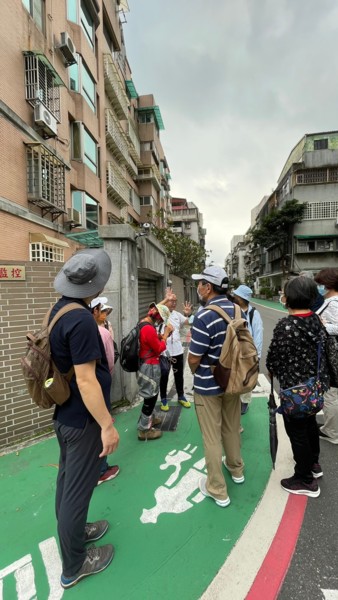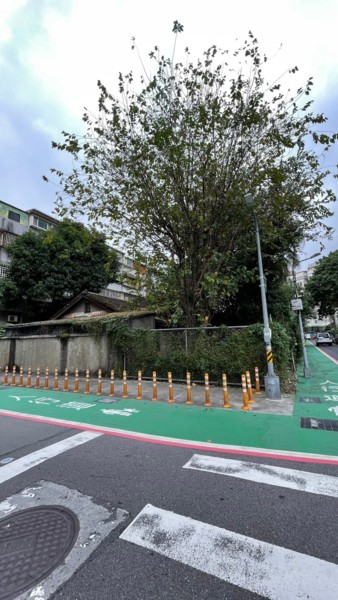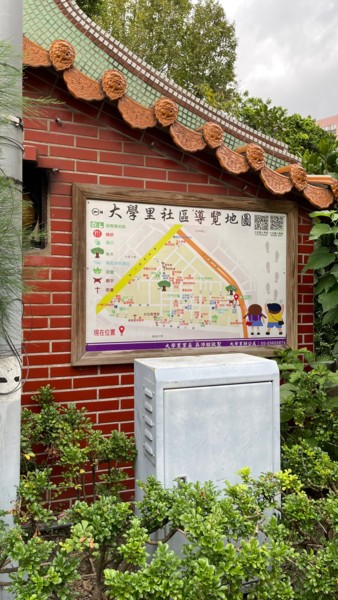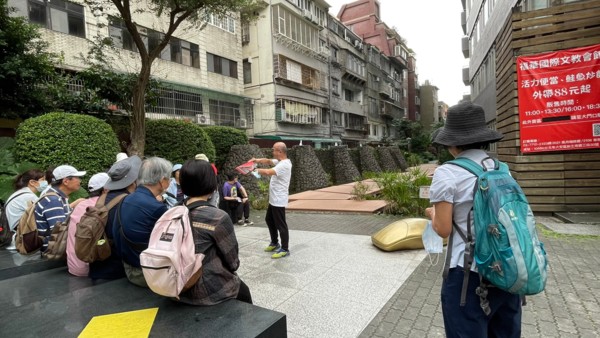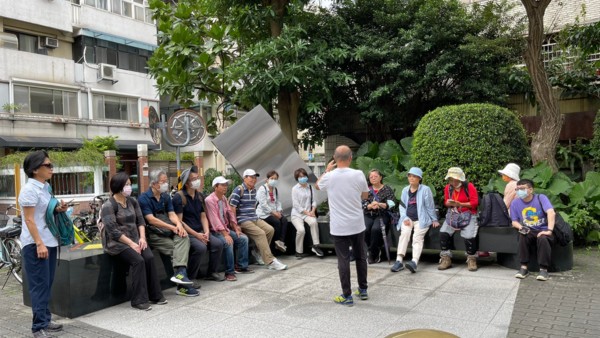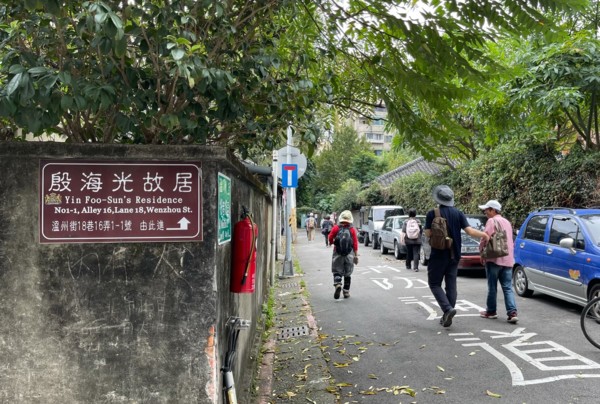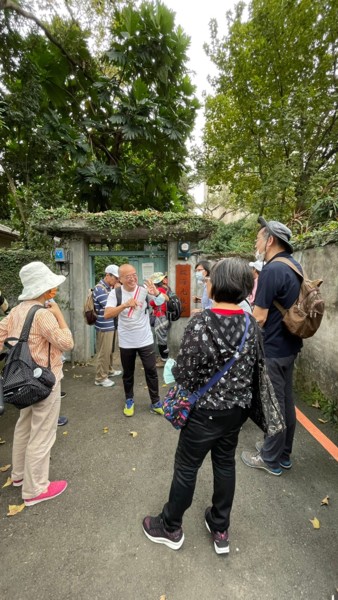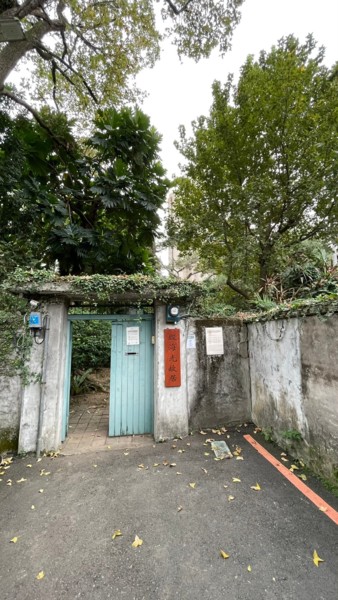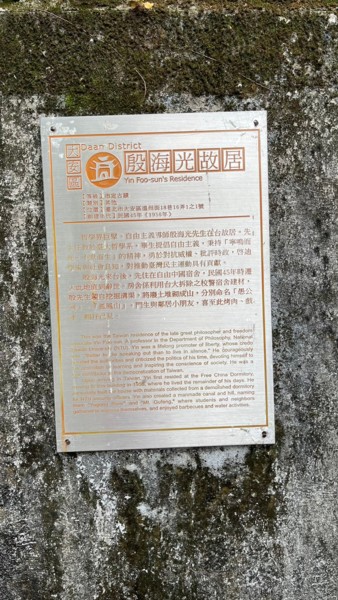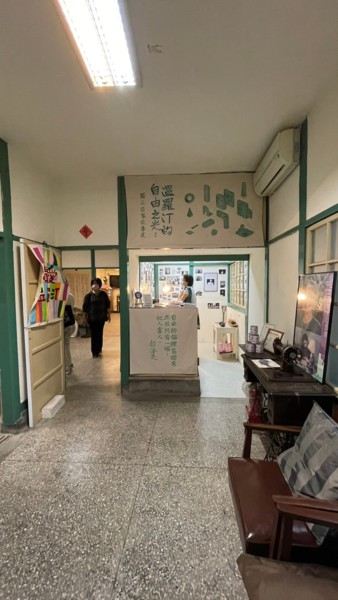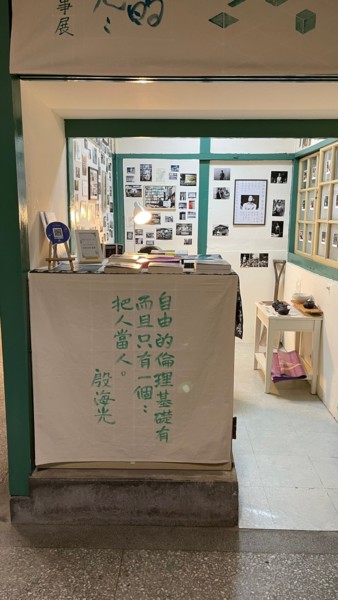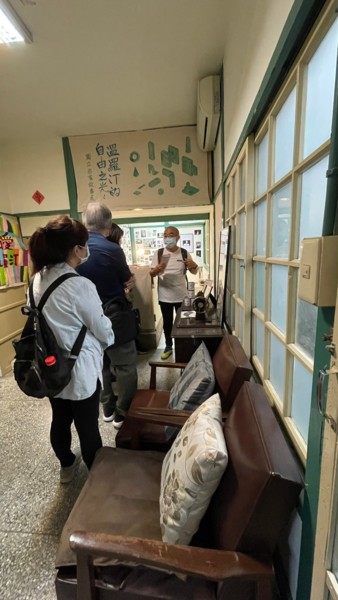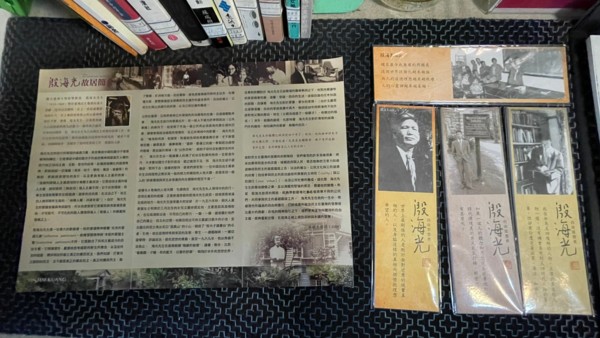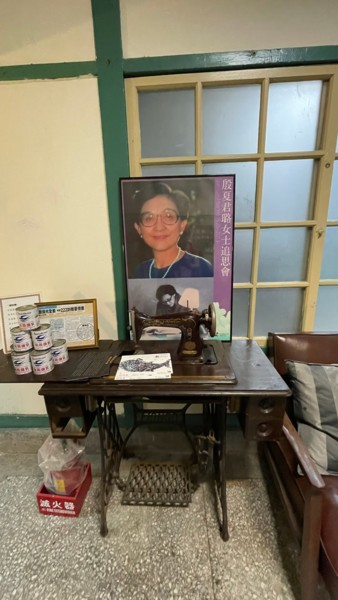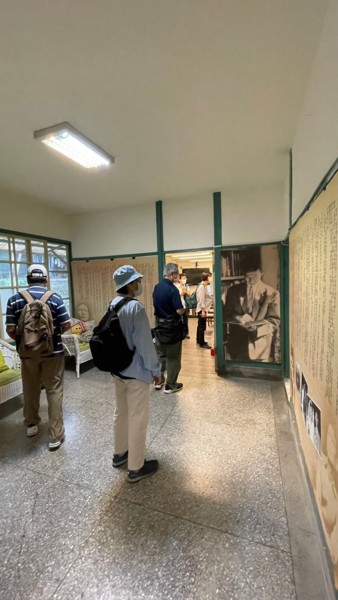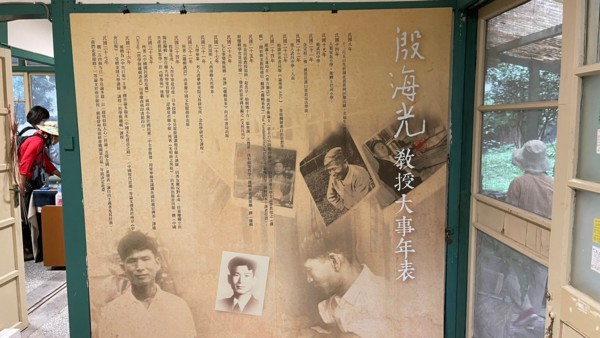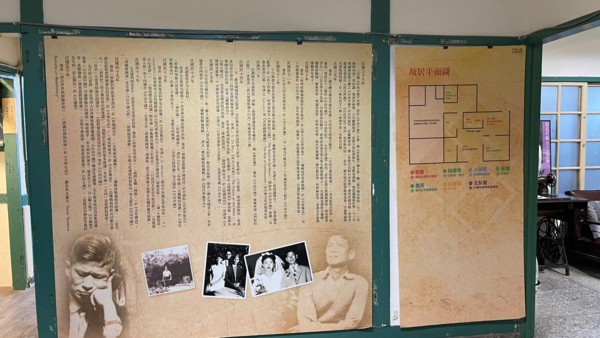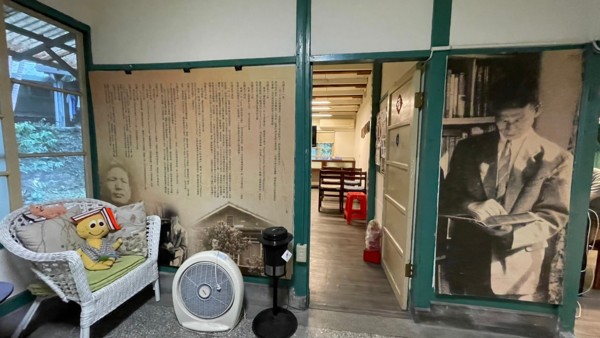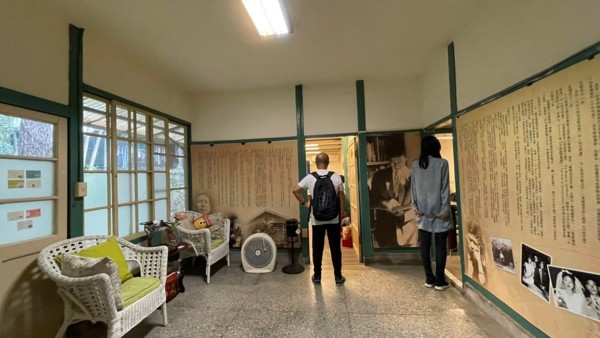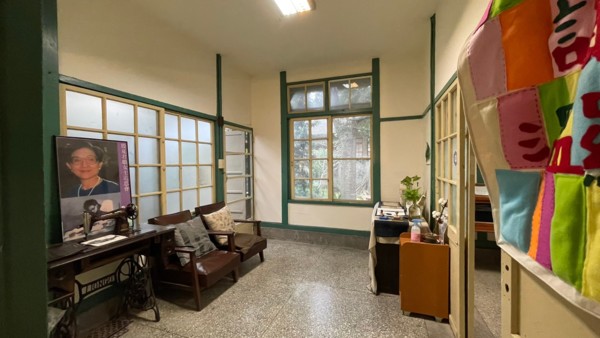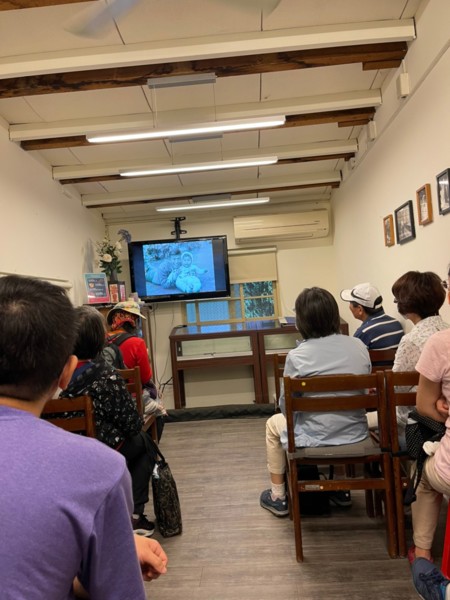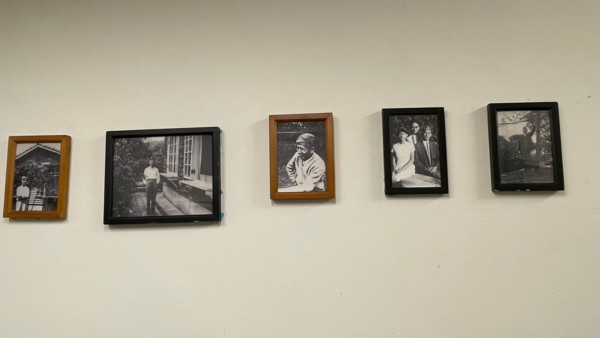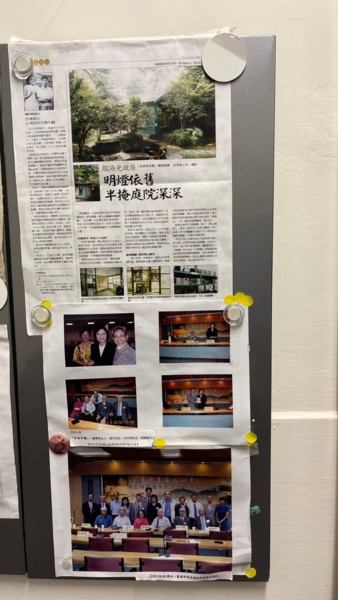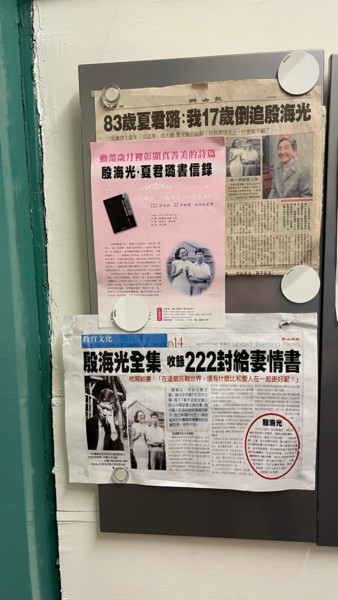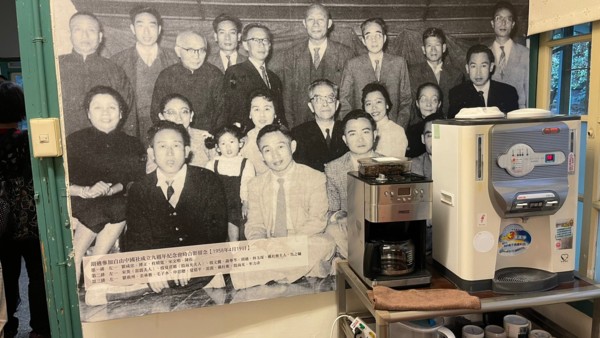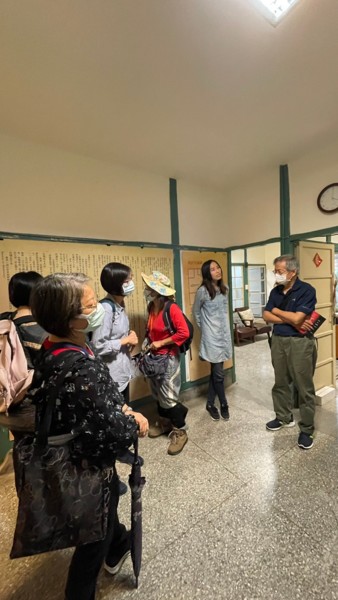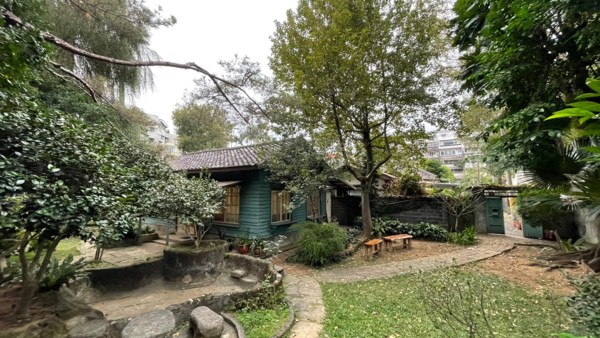

 字體:小 中 大
字體:小 中 大 |
|
|
|
| 2020/11/21 14:49:51瀏覽516|回應1|推薦3 | |
Masa led us to visit the residence of Yin Hai-kuang on Nov. 20th, 2020. The following article is an excerpt from Taipei Times.***********************************Memorial to Yin Hai-kuang facing financial problems/ Taipei Times A financial crisis has hit Liberalism Yin Hai-kuang, the foundation responsible for the upkeep of the residence of Yin Hai-kuang (殷海光), a famed National Taiwan University (NTU) philosophy professor, after major donors stopped their contributions. Yin is considered a pioneering liberalist in Taiwan. He was forced out of the university in 1967 after he harshly criticized the Chinese Nationalist Party’s (KMT) authoritarian regime in a piece published in the Free China Biweekly (自由中國半月刊). Yin’s Japanese-style residence is on Wenchou Street near the university in Taipei’s Daan District (大安). While operators of many historic buildings help fund the buildings’ upkeep with coffee shops or restaurants, Liberalism Yin Hai-kuang has refused to commercialize the home or make money by using Yin’s name, foundation executive director Hsieh Chia-hsin (謝嘉心) said on Saturday. However, after the foundation’s major donators stopped making contributions because of their own financial difficulties, it is facing a financial crisis, she said, adding that she could not even pay the salary of the foundation’s sole employee — herself — last month. Its annual budget is NT$2 million (US$67,700), and most of the donations have been spent on the repair and maintenance of the home or hiring temporary staff to help with cultural events at the residence, she said. The donations have not been enough to cover all the necessary maintenance work, which is why the walls are mottled, she said. The foundation has long sought support from the government, she added. Yin’s widow, Hsia Chun-lu (夏君璐), who died in the US in 2013, wrote to then-president Ma Ying-jeou (馬英九) seeking financial aid, but did not hear back, Hsieh said. The foundation late last year wrote to then-presidential Office secretary-general Chen Chu (陳菊), but never heard back, she added. Hsieh said that she hoped government agencies related to human rights could lend some support and the public might pay more attention to the need to preserve cultural heritage. Taipei Department of Cultural Affairs Director-General Tsai Tsung-hsiung (蔡宗雄) on Saturday told reporters that Yin’s residence is owned by the university, which would provide support. The foundation could also apply to the department for repair subsidies, he said. If the foundation could no longer operate the residence, it could file a proposal with the department to allow someone else to bid to take over the operation, he added.
|
|
| ( 知識學習|其他 ) |


